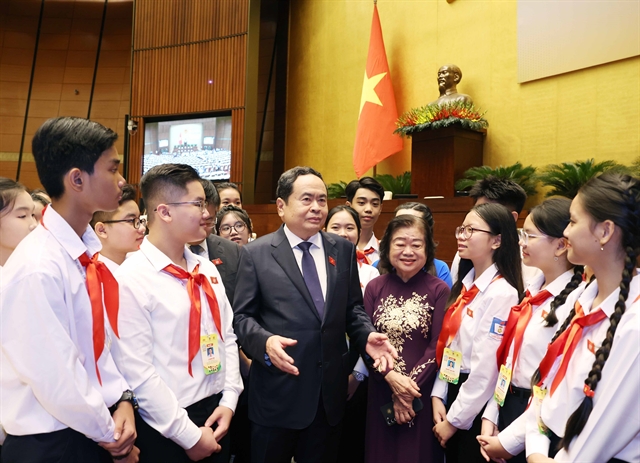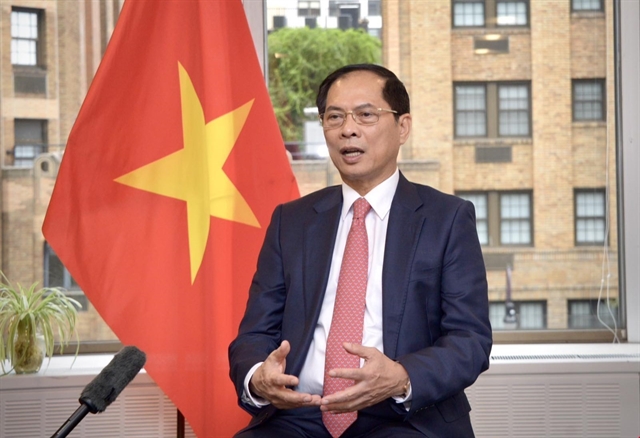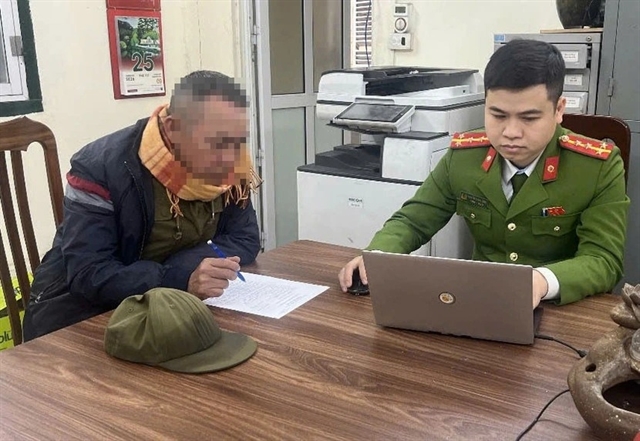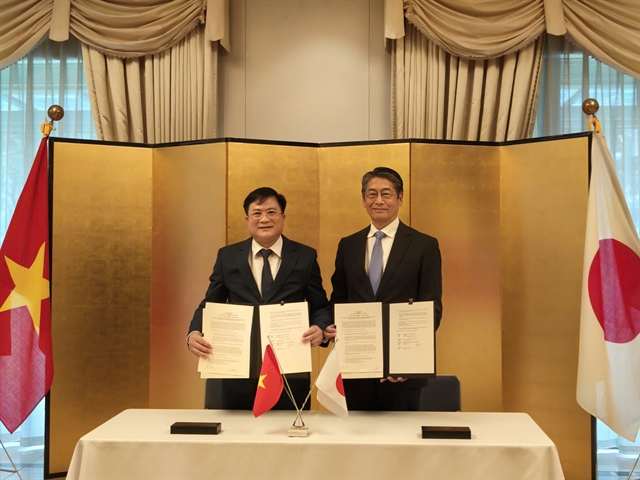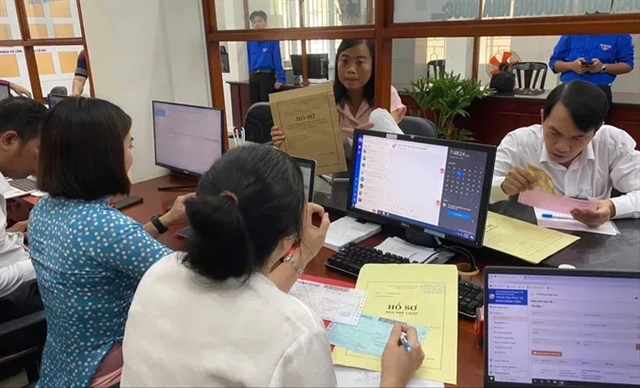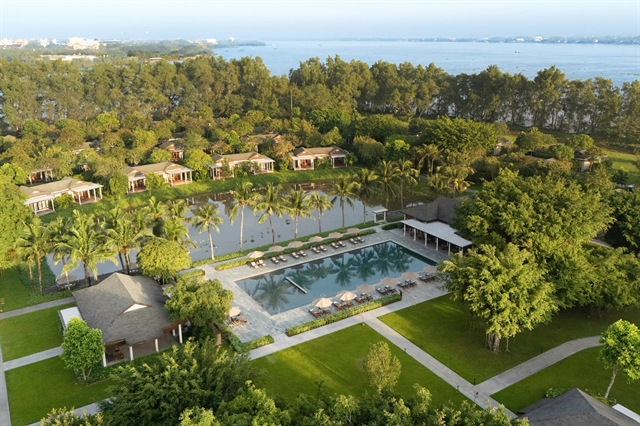
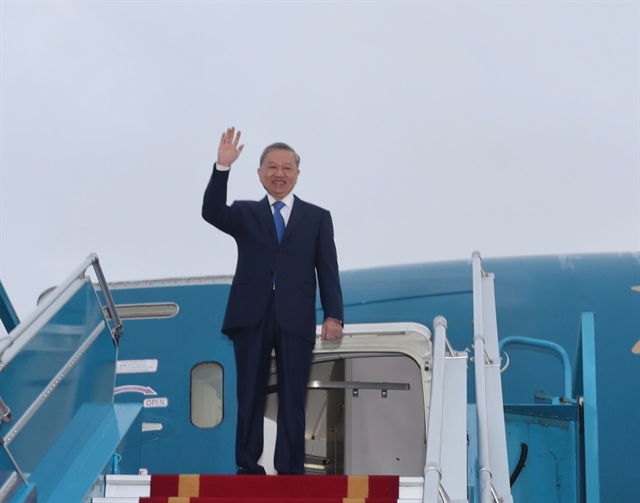
|
| Party General Secretary and State President Tô Lâm leaves Hà Nội for state visits to Mongolia and Ireland. — VNA/VNS Photo Trí Dũng |
HÀ NỘI — Party General Secretary and President Tô Lâm’s state visit to Mongolia carries significant meaning in the context when Việt Nam and Mongolia are celebrating the 70th founding anniversary of bilateral diplomatic relations (1954-2024).
Việt Nam and Mongolia have shared a long-standing traditional friendship. Mongolia was one of the first countries to establish diplomatic relations with Việt Nam, the first Southeast Asian country with which Mongolia established diplomatic relations.
Over the past 70 years, the friendship between the two countries has stood the test of time. The two countries have firmly maintained their mutual trust and given each other selfless assistance during the past struggle for national independence and reunification as well as the current reform and integration.
Over the years, bilateral cooperation has grown strongly across all fields with increased delegation exchanges at high and all levels. Last year, Mongolian President Ukhnaagiin Khurelsukh paid a state visit to Việt Nam in November.
In terms of economy, before 1990, annual two-way trade was only about 2 million RUB equivalent (US$21,211 at current exchange rate). In 1996, the two sides signed a bilateral trade agreement, which helped push two-way trade to $6 million in 2008. The figure rose to more than $120 million last year, and $65.5 million in the first seven months this year. The two countries have regularly maintained the meeting mechanism of the Intergovernmental Committee on Trade, Economy and Science and Technology. To date, 18 meetings of the committee have been held.
At the same time, progress has been seen in collaboration in culture, tourism, education and people-to-people exchange. The two sides signed the agreement on visa exemption for each other’s citizens holding ordinary passports in November 2013, creating more favourable conditions for people-to-people exchange activities.
According to Galbaa Davkharbayar, Second Secretary of the Mongolian Embassy in Việt Nam, more than 2,000 Vietnamese tourists came to Mongolia last year, when the number of Mongolian travellers to the Southeast Asian nation topped 15,000.
Commenting on the friendship and cooperation between Việt Nam and Mongolia over the past 70 years, Mongolian Ambassador to Việt Nam Jigiee Sereejav said at a recent conference on the 70-year Việt Nam-Mongolia relations that the legacy of mutual respect in bilateral relations and cooperation is a common precious value of the two peoples.
Analysing historical stages in the relationship between the two countries, the diplomat expressed his belief in the prospects of the relationship that is in its prime with favourable development. He described Việt Nam as an important partner of Mongolia in the ASEAN region and the “third neighbour” of Mongolia.
Associate Prof. Dr. Phạm Hồng Thái from the Việt Nam Academy of Social Sciences’ Institute for Northeast Asian Studies held that what has created the long-standing traditional friendship between the two countries since very early on is the mutually supportive cooperation, which helps the two countries not only exploit their natural and social advantages but also strengthens national security and regional stability.
Thái asserted that the development prospects of relations between the two countries are very positive thanks to the similarities in their interests and culture. Mongolia’s “third neighbour” policy with the goal of diversifying foreign relations also opens up opportunities for Việt Nam-Mongolia relations to further thrive.
The state visit to Mongolia by Party General Secretary and President Lâm is expected to further promote the Việt Nam-Mongolian relationship, making it deeper, more substantive and effective and suitable to the new situation.
According to Deputy Prime Minister and Foreign Minister Bùi Thanh Sơn, during the visit, Lâm and senior leaders of Mongolia will discuss major orientations and solutions to further strengthen bilateral political trust and cooperation in areas of mutual priorities, especially politics, diplomacy, economy, trade, tourism, and people-to-people exchange. — VNS
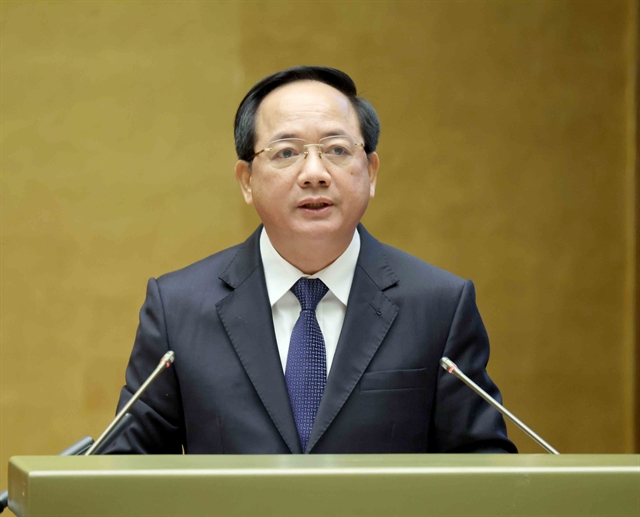
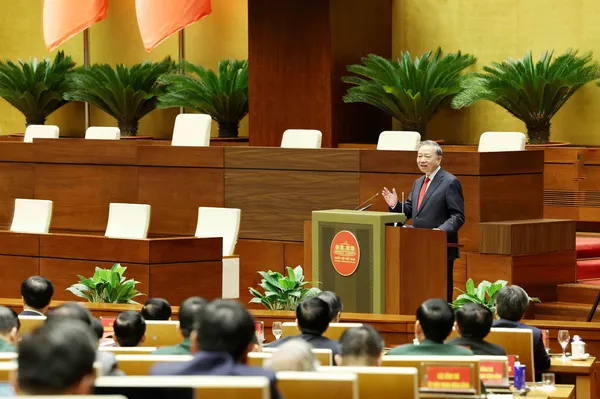
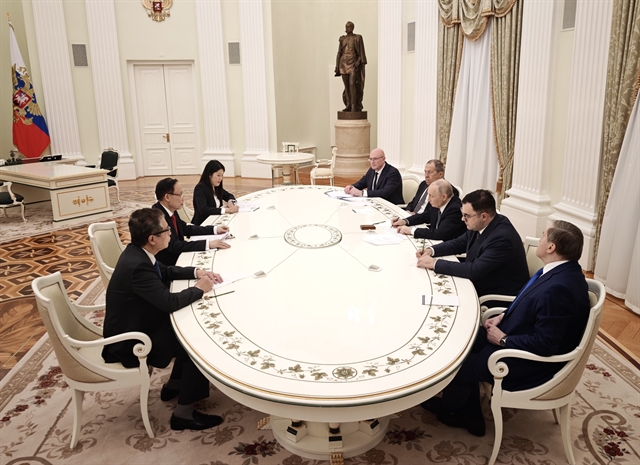
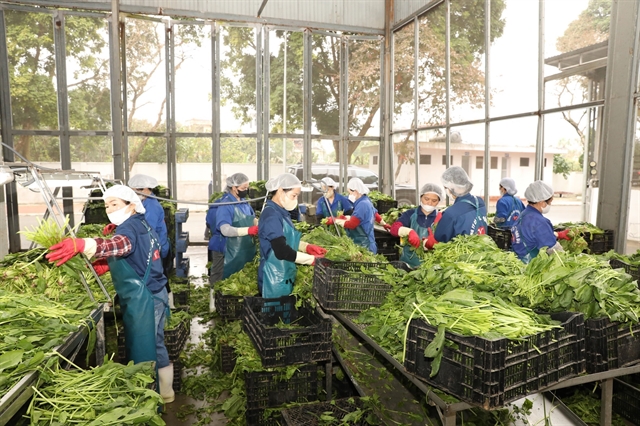
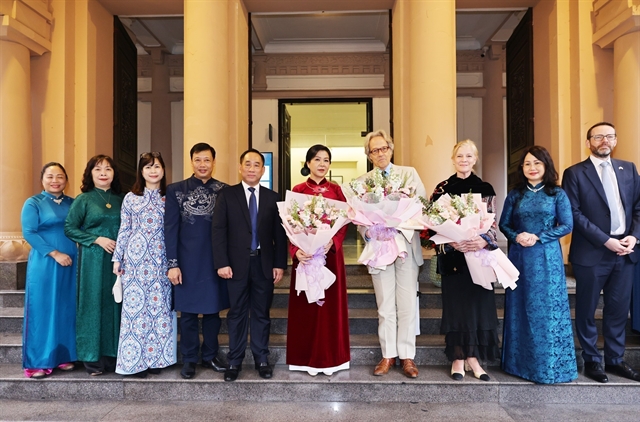
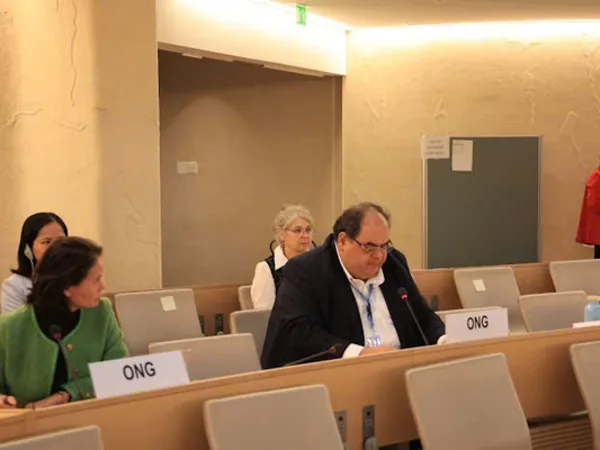
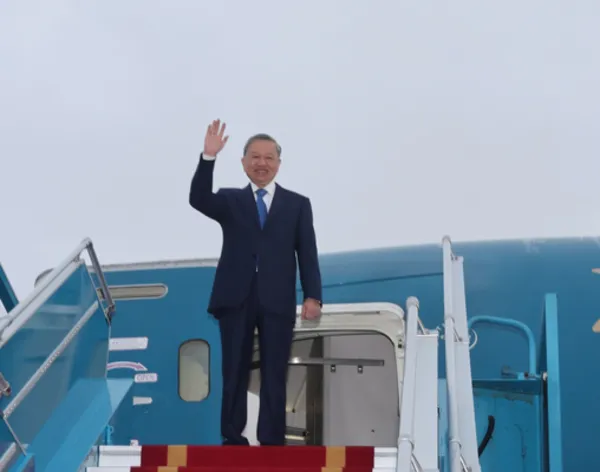
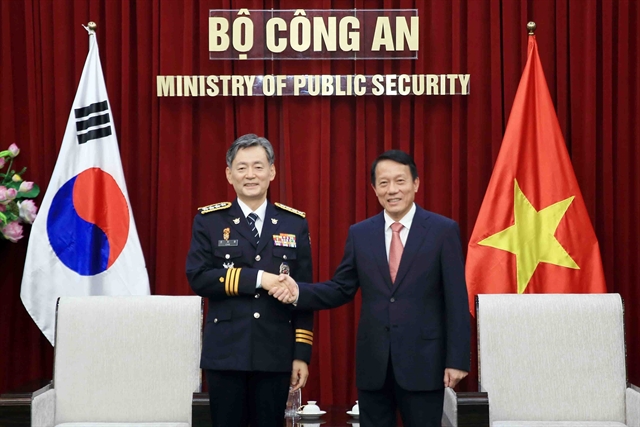
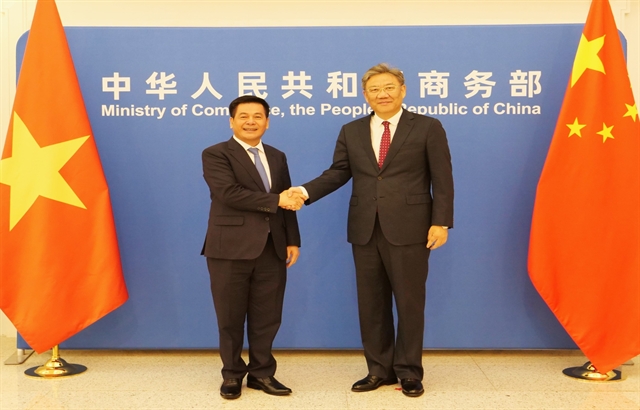
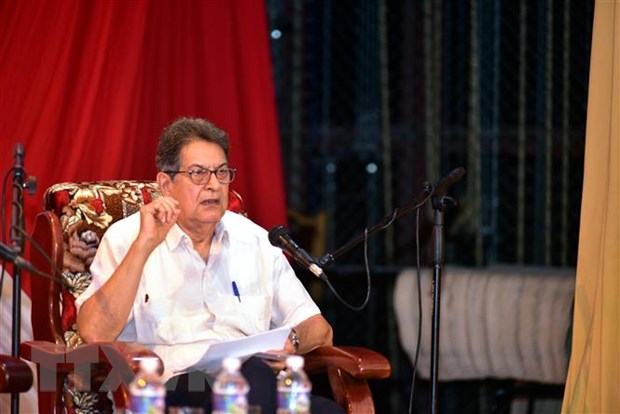
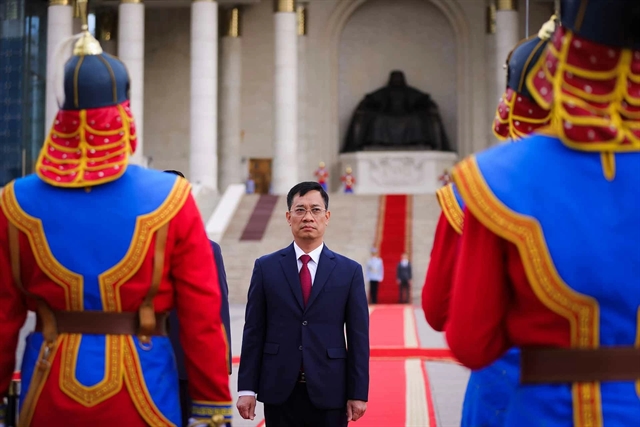
.jpg)
